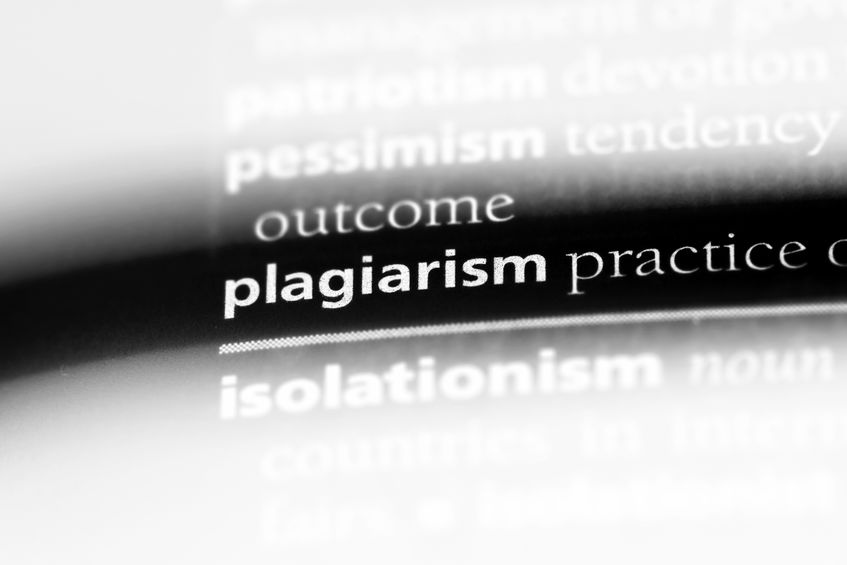An attendee of one of our recent webinars shared the following question:
I have been creating content, curating quotes, and paraphrasing insightful authors for years and years. I’m ready to put all of my learning into a book (outline is created.)
My question is this-“How do I write my book without unknowingly plagiarizing as I reference the truckload of content I’ve parked on Evernote and other note-taking apps over the past eight to ten years.”
Thank you!
First of all, I’m glad you are concerned about plagiarism.
Many people are not concerned about copying material they find on the Internet, but they should be.
They could be sued for stealing content.
Or they could be labeled “intellectual thieves” by using other people’s materials.
Speakers and stand-up comics could turn their backs on people (or worse) who copy their stories and jokes.
Of course, many authors gather material from many sources while researching their books.
It is all too easy to forget or lose a citation.
Sometimes, you read something you wrote so many times, you think you actually wrote it when, in fact, you copied it from another source.
Funny how that works!
Here are some guidelines that help you avoid plagiarism.
You can use about 2 lines of info from anyone as long as you attribute the info to them.
It’s called the Fair Use Doctrine.
If you use more info than that, then you enter gray areas.
If you take scholarly work and you use footnotes and link to the original file, no one will be upset.
(Of course, I’m not a lawyer, so don’t treat this as legal advice.)
If you wonder if your material is original or not, several online plagiarism checkers can help you.
Check Google.
Some are free.
Some offer a few free searches.
It sounds like you have a lot to check, so you might want to buy a plagiarism checker.
This is a big field, as many college professors run their students’ papers through these tools.
Find the tool that works best for you.
A great book coach can help you answer these questions and avoid these pitfalls.


Leave A Comment